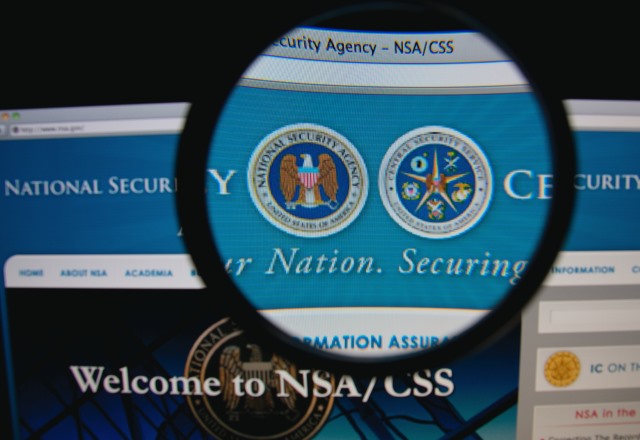Microsoft, Google, Facebook and others write to House of Representatives asking for reform of NSA surveillance

A letter signed by more than 30 major technology companies has been sent to the House Judiciary Committee calling for a number of key changes to be made to NSA surveillance. The letter, signed by the likes of Facebook, Twitter, Google and Mozilla, asks lawmakers to make a number of considerations when reforming Section 702 of the FISA Amendments Act.
The signatories refer to themselves as "U.S.-based companies that provide consumer and business technology, products, and services around the world through the use of electronic data." Their letter is timed to coincide with debate about the reform of Section 702 which is used to justify NSA surveillance programs, and is due to expire at the end of the year. There are calls for increased transparency and controls, as well as the suggestion that surveillance should be reined in.
Central to the letter's demands are that there should be greater consideration given to the privacy of individuals who may find that their personal information is scooped up in dragnet surveillance. Lawmakers are under no obligation to take any notice of the suggestions made in the letter, but in publicly sharing a set of requests signed by so many big names, there will be pressure for the recommendations to be considered.
The letter makes five requests of lawmakers:
First, reauthorization legislation should codify recent changes made to "about" collection pursuant to NSA's Upstream program. This reform would merely codify changes already embraced by the U.S. government with the imprimatur of the Foreign Intelligence Surveillance Court (FISC) to correct deficiencies that implicate the constitutional rights of U.S. citizens.
Second, reauthorization legislation should require judicial oversight for government queries of the contents of 702 material for the communications of U.S. persons (given that U.S. persons are not the target of 702).
Third, reauthorization legislation should narrow the definition of "foreign intelligence information" under FISA to reduce the likelihood of collecting information about non-U.S. persons who are not suspected of wrongdoing.
Fourth, increasing oversight and transparency of Section 702 collection will improve confidence in both its utility and lawfulness. Companies should be allowed to disclose the number of requests they receive by a legal authority and should be permitted to make more granular disclosures concerning the volume of national security demands that they receive. We also support further declassification of FISC orders.
Finally, there should be greater transparency around how the communications of U.S. persons that are incidentally collected under Section 702 are searched and used, including how often 702 databases are queried using identifiers that are tied to U.S. persons.
Photo credit: Credit: Gil C / Shutterstock.com
